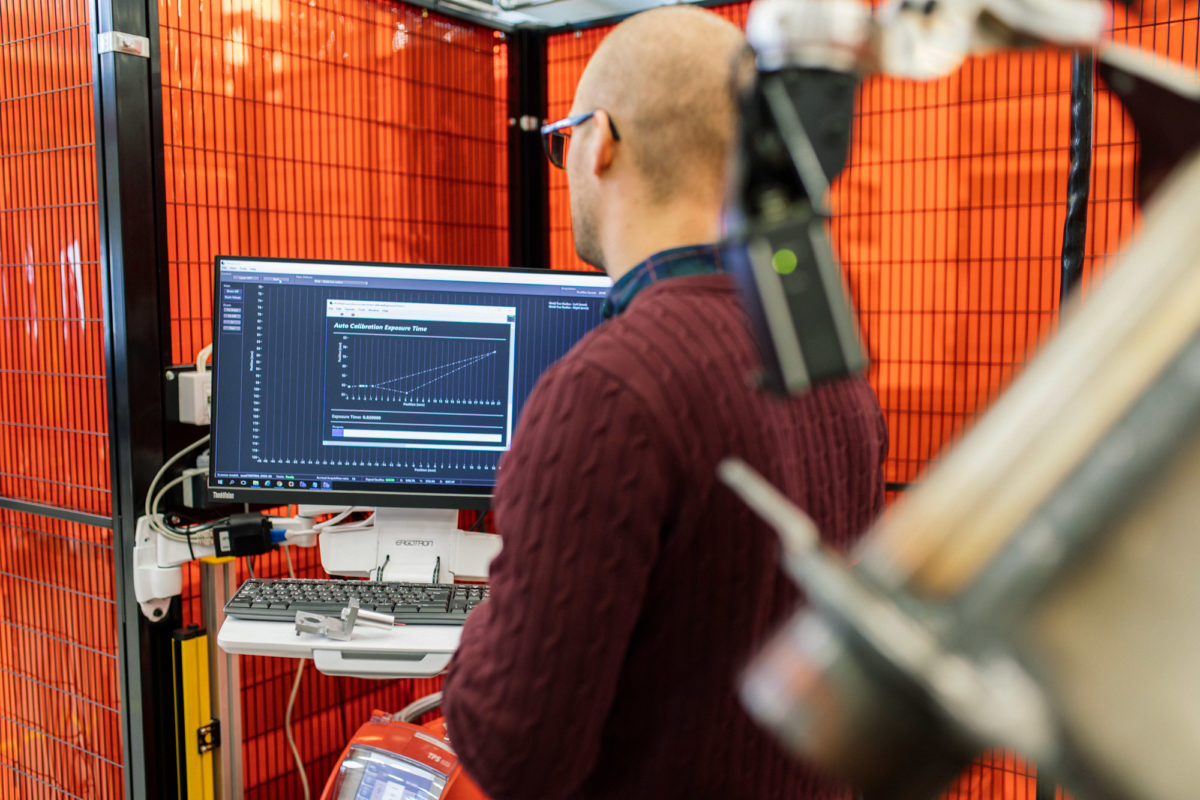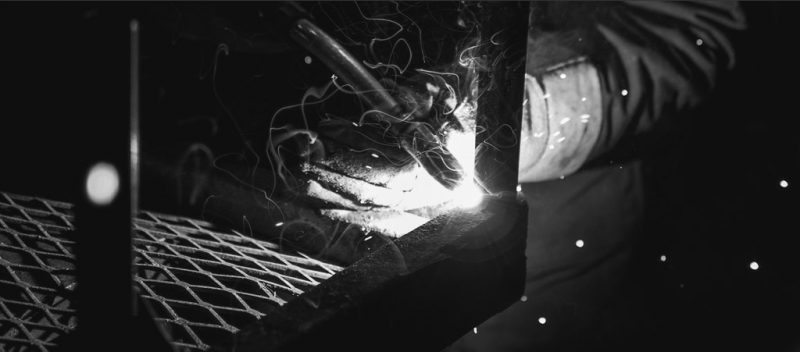Why work at Winteria
Think for a moment that you are standing in the grocery store and are about to buy a package of milk. Now think about the process for getting the milk to the store for you. The farmer uses his tractor to plow his land, harvest the crops and feed them to his cows. The cows produce the milk which is then transported from the farm to the dairy. The procured milk is then transported past bridges, into cities and finally to the store you are in.
In our society today, almost everything depends on transportation, whether it be humans, food or any other goods. Think about all the machines that are involved to fulfill this need of transportation. We can guarantee that most of the machineries are produced in a way which requires welding.
What if we told you that most of these machines are 10-20% heavier than necessary. Now if that is true, it means that we use more material to produce these machines and the result is a machine which 1) cannot transport as much goods as possible due to weight regulations and 2) requires more fuel and therefore produce more CO2-emissions.
The reason for this is that these machines are being welded. The weld is generally considered to be the weakest link in a structure when it comes to withstand repeated load cycles. Most structural designers know about this and the result is usually to overdesign the welded part, i.e. use thicker material to lower the stresses. And there we have a heavier component than what is necessary.
So, one might think that just skip welding and use carbon fibers or any other material and glue it together. That is one possible solution, but you should know then that steel is a great material to use in all sort of applications. It is one of the best materials available to withstand impacts, crashes and repeated loadings. Most of the time the components in for example a train cart, a truck boogie or a tractor requires a complex form to fulfill its purpose and then welding is one of the fastest and most cost-efficient methods to assemble it. Steel is also the only engineering material that is 100% recyclable.

Believe it or not but according to the Swedish Welding Commission, 30% of the Swedish GDP is directly related to welding. There are about 250 000 people in Sweden that have welding related work activities and there are over 25 000 full time employed welders. And that is just in Sweden. Imagine how it is in other manufacturing countries and how important this industry is both in terms of economics but also in environmental aspects.
What if we could help these companies to improve their ability to produce good quality welds? That would mean they can start using more high strength steels (which require a high weld quality) and produce more lightweight products, which can carry the same or even more payload. That would in turn result in less material being used for production (we save resources) and lower fuel consumption for the vehicles (less emissions).
We believe that a lot can be accomplished just by working with the manufacturing processes that already exist. We want to help manufacturing companies to know their process and to be excellent in what they do.
Can you help us with this mission?
If you are interested, drop us an email or call us. Tell us a little about you and we can set up some time to talk more.
Whoever will help us, we guarantee it will make a change.
Thank you, and don’t forget the milk




